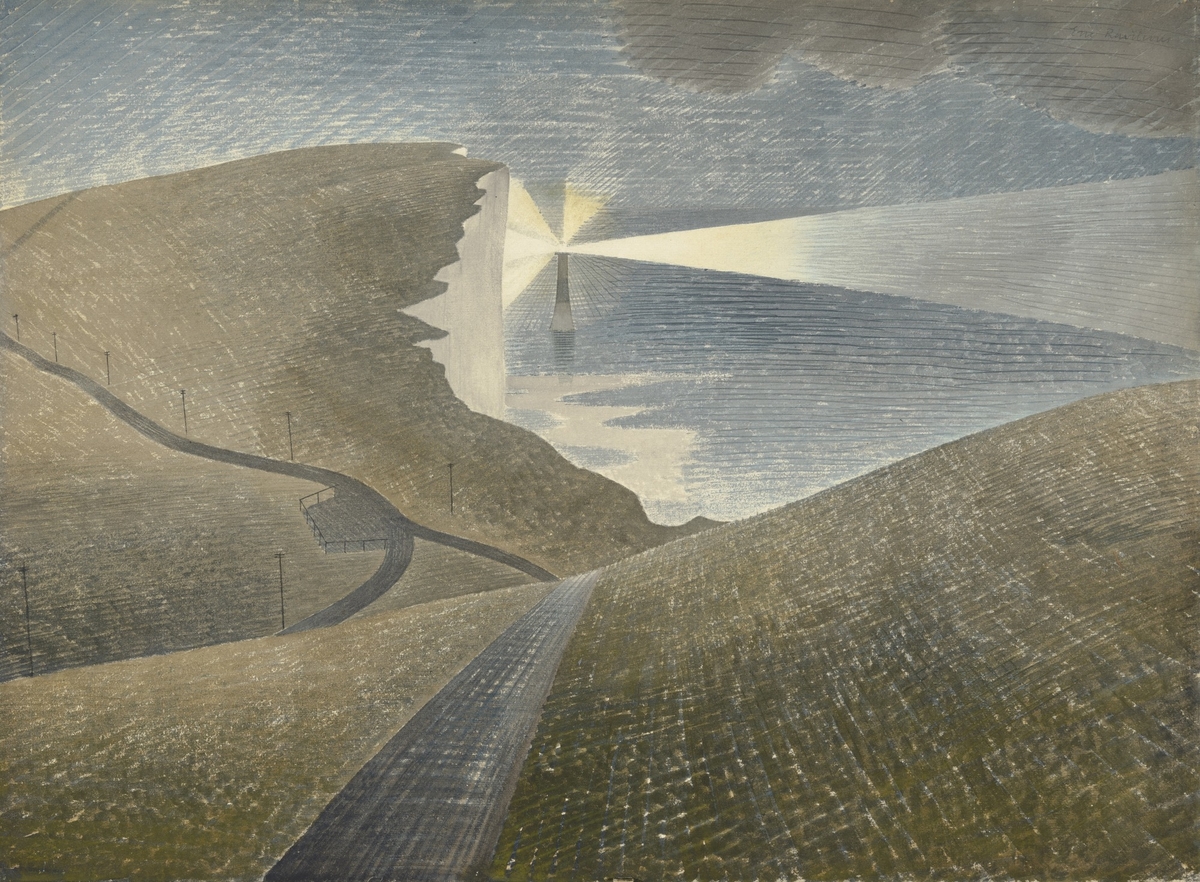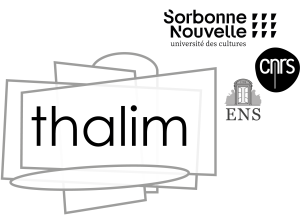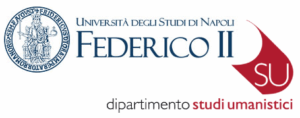
The first CURE Summer School took place from 22 to 26 September 2025, at Villa Vigoni, the German-Italian Centre for European Dialogue in Menaggio, Italy. The annual summer school is organised by the Käte Hamburger Centre for Cultural Practices of Reparation (CURE) and the Leibniz Center for Literary and Cultural Research (ZfL Berlin). In cooperation with THALIM (UMR, Sorbonne Nouvelle/CNRS), the Catholic University of Portugal, the University of Trieste and the University of Naples Federico II, this year’s summer school will focus on the theme “Dynamics of Despair”. Twenty doctoral candidates will receive full funding for travel and accommodation.
WHEN
22-26 SEPTEMBER 2025
WHERE
VILLA VIGONI – ITALIAN-GERMAN CENTER FOR EUROPEAN DIALOGUE | 22017 MENAGGIO, LAGO DI COMO, ITALY
SUBMISSION DEADLINE
28 MARCH 2025
PROGRAMME
Despair is one of the prevailing collective emotions today. With wars raging, the rise of the far right, human rights violations, democratic achievements under threat, rising temperatures, and mass extinction, our present appears bleak. The grand narrative of progress has lost its mobilizing power and, with the climate crisis, has even been inverted: not only is humanity not heading toward a better future, but – if the countless dystopian narratives shaping our imagination are to be believed – the worst is yet to come.
Yet despair does not necessarily imply resignation, passivity, or renunciation. An entire tradition of critical thought, from Walter Benjamin to the Invisible Committee, defends the idea that it is actually hope – and not despair – which prevents us from taking action. Even in contemporary works of fiction depicting apocalyptic scenarios, one can discern a remnant – a “nevertheless” – which Jean-Paul Engélibert aptly terms the “energy of despair.” Similarly, Georges Didi-Huberman, in Survival of the Fireflies, or Rebecca Solnit and Thelma Young-Lutunatabua, in Not Too Late, remind us that even in the direst of circumstances, fragile attempts persist in striving toward a viable future.
The summer school invites participants to explore cultural practices aimed at cancelling what Franco Berardi calls “the slow cancellation of the future”. Together we seek to examine how art, literature, series, and films, as well as critical theory and theology, engage with despair and mobilize this affect to find pathways that avoid depression, denial, resentment, and indifference. What strategies, tools, and forms of expression are emerging today to summon the unexpected from an anguishing present, counter stagnation, and reinvent a desirable collective imagination? How have other historical periods and communities, in different geographical regions, responded to desperate situations, and what can be learned from them? To what extent can unrealized futures serve as a reservoir and resource for politically mobilisable energy?
KEYNOTES
• Prof Dr Donatella Di Cesare (Sapienza Università di Roma)
• Dr Camille de Toledo (Philosopher and writer; Institute for Advanced Study Nantes)
FORMAT
• 20 PhD candidates will participate, each receiving funding for travel and accommodation at Villa Vigoni (arrival on 22 September, departure on 26 September).
• The program will feature keynote addresses, group discussions, and short presentations by the PhD candidates.
• A reader containing essential materials will be sent to successful applicants in the final week of July, and PhD candidates are expected to come prepared with the readings.
• Discussion will be in multiple languages, with English as the main language of exchange. Proficiency in German, Italian, and/or French are encouraged, as presentations may be given in these languages.
ELIGIBILITY
Applicants should be PhD candidates working on their thesis at the time of application
HOW TO APPLY
• Applications must be submitted via the online application form by 28 March.
• Please submit a CV, and a cover letter of no more than 2 pages outlining why you would like to participate, why the topic sparks your interest, and what you hope to contribute to the event.
• The notification of acceptance or rejection will be sent out by early May 2025.
QUESTIONS AND SUPPORT
The summer school is led by Dr. Julien Jeusette and Prof. Markus Messling. If you have questions about the application process, please contact julien.jeusette@khk.uni-saarland.de.
ORGANISING INSTITUTIONS
The CURE Summer School is a joint initiative of the Käte Hamburger Centre for Cultural Practices of Reparation (CURE) and the Leibniz Center for Literary and Cultural Research (ZfL Berlin), held in collaboration with THALIM (UMR, Sorbonne Nouvelle/CNRS), the University of Naples Federico II, the University of Trieste, and the Catholic University of Portugal.
ORGANISED BY

IN COOPERATION WITH




